The Truth About Teeth Cleaning in Thailand – Costs, Hygiene, and Quality
The Truth About Teeth Cleaning in Thailand – Costs, Hygiene, and Quality
Thinking about getting your teeth cleaned in Thailand? Whether you’re living here long-term, on holiday, or just popping over for dental tourism, you’ll find that teeth cleaning—often called scaling and polishing—is widely available, fairly priced, and done to a high standard. Still, it’s good to know the real story behind costs, hygiene practices, and the overall quality you can expect. Here’s the straight talk, Thai-style: no drama, no hassle, just useful info.
What a “teeth cleaning” usually includes
In Thailand, a routine cleaning is typically an ultrasonic scaling to remove tartar, followed by polishing to make the surfaces smooth and fresh. Some clinics may add a fluoride treatment for extra protection. If you’ve got gum issues like periodontitis, your dentist may recommend deep cleaning (scaling and root planing), which is more involved and usually done per quadrant.
Typical costs in baht
Prices vary by city, clinic reputation, and whether you’re at a hospital or a private practice. Expect something like this:
- Basic scale and polish: around 800–1,800 THB in most private clinics. Premium clinics in central Bangkok (Sukhumvit, Silom, Thonglor) often charge 1,500–2,500 THB.
- Tourist areas like Phuket or Pattaya: commonly 1,200–2,200 THB.
- Chiang Mai or Khon Kaen: about 1,000–1,800 THB.
- Government hospitals or university dental schools: usually lower, roughly 400–900 THB, but allow for longer queues and limited walk-in slots.
- Deep cleaning (for gum disease): commonly priced per quadrant at 1,500–3,500 THB, or a full mouth package in the 6,000–12,000 THB range.
- Extras you might see: X-rays 300–1,000 THB (panoramic toward the higher end), fluoride 300–700 THB, periodontal consultation 500–1,000 THB.
If you see a “promotion” or package deal—very common here—check exactly what’s included. Some promos bundle cleaning, X-ray, and oral exam at a good price, especially for first-time patients.
Hygiene standards: what’s normal in Thai clinics
Thailand’s dental scene is professional and regulated. Clinics must follow the Dental Council of Thailand’s standards for infection control. Here’s what you should expect to see:
- Dentists and assistants wearing gloves, masks, and eye protection.
- Instruments sealed in sterilization pouches and opened in front of you; autoclaves are standard.
- Single-use items like suction tips and barriers replaced between patients.
- Pre-procedural rinse and proper hand hygiene.
- Clean treatment rooms, covered surfaces, and a clear workflow between sterile and non-sterile areas.
Many private hospitals—especially in Bangkok, Phuket, and Chiang Mai—hold international accreditations and maintain hospital-level protocols. If you’re unsure, it’s perfectly okay to ask, “Khun doctor, do you use autoclave sterilization?” Thai clinics are used to these questions and will explain their process with no problem.
Quality of care: training, equipment, and communication
The quality of dental care in Thailand is strong, particularly in urban centers. You’ll find:
- Dentists trained at reputable Thai universities; many have additional certifications or short courses overseas.
- Modern equipment: ultrasonic scalers, digital X-rays, intraoral cameras, and good polishing systems.
- English-friendly service in major cities and tourist hubs. If you prefer a certain level of explanation, say so—Thai dentists are generally po
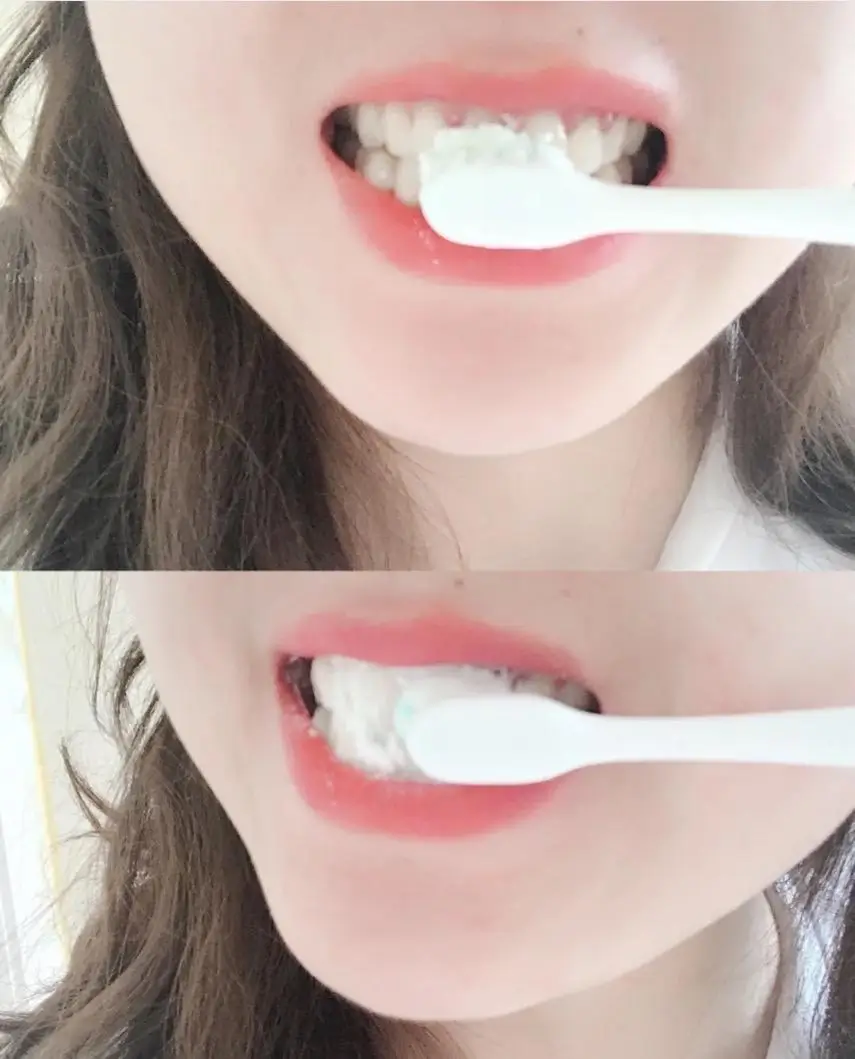
lite, patient, and happy to talk through your options.
Routine cleaning vs deep cleaning
It’s important to know the difference so you don’t get confused by pricing:
- Routine cleaning: removes plaque and tartar above the gum line; great for fresh breath and prevention. Most people do this every 6 months.
- Deep cleaning: targets tartar under the gum line and smooths root surfaces to help gums heal. If your gums bleed often, or you have deep pockets, this may be recommended. It takes longer and may need local anesthesia.
How to choose a clinic on your soi
- Check reviews, not just stars: read comments about cleanliness, communication, and aftercare.
- Ask for an itemized quote: “scale and polish only” vs “deep cleaning” can be a big difference.
- Confirm the dentist’s approach: if you have sensitive teeth, ask about gentler settings, topical anesthetic, or breaks during the procedure.
- Look for transparent scheduling and fees: walk-in is possible at some clinics, but booking is safer, especially in Bangkok during peak hours.
- If you’re a farang new to Thailand, consider a hospital-based dental center for your first visit—easy communication, clear protocols, and consistent pricing.
What your appointment will feel like
You’ll sign in, do a quick medical history, and the dentist will examine your gums and teeth. If necessary, they’ll recommend an X-ray before cleaning. The scaling is usually painless, though if you have sensitive areas, you can request numbing gel. Polishing follows, and your dentist may suggest fluoride application. The whole routine visit often takes 30–45 minutes. Afterward, you’ll get home care tips: brush twice daily, floss or use interdental brushes, and come back in six months. Same same everywhere, but with Thai hospitality.
Red flags to watch out for
- A big price jump without explanation.
- No visible sterilization packaging or poor cleanliness in the treatment area.
- Pressure to buy unnecessary cosmetic add-ons when you only asked for cleaning.
- Lack of transparency on whether you need routine vs deep cleaning.
For families and kids
Thailand is very family-friendly. Pediatric dentists in larger cities offer gentle cleanings, fluoride varnish, and cavity prevention education. Kids who are nervous do well in clinics with play corners and friendly staff. Fees for children’s cleanings are often similar to adults, sometimes slightly lower during promotions.
Is teeth cleaning in Thailand worth it?
In short: yes. For most people, the combination of reasonable pricing, strong hygiene standards, and warm service makes teeth cleaning in Thailand a solid choice. If you’re budget-focused, government hospitals or university dental schools are good value (just plan for more waiting). If you want hotel-level comfort and seamless English, private clinics in Bangkok, Phuket, or Chiang Mai deliver that experience.
Final tips before you book
- Ask for a quick oral exam and quote before the cleaning starts.
- Bring any past dental records if you’ve had gum treatment elsewhere.
- If you’re staying short-term, get a simple treatment plan and a copy of your X-rays for future use back home.
- Keep your routine: cleaning every 6 months, more often if your dentist recommends it based on gum health.
Thailand’s dental care scene is approachable, professional, and value-driven. With a little homework and clear communication, you’ll walk out with cleaner teeth, fresher breath, and peace of mind—no worries.
 collect
collect
Hospitals included




Products included
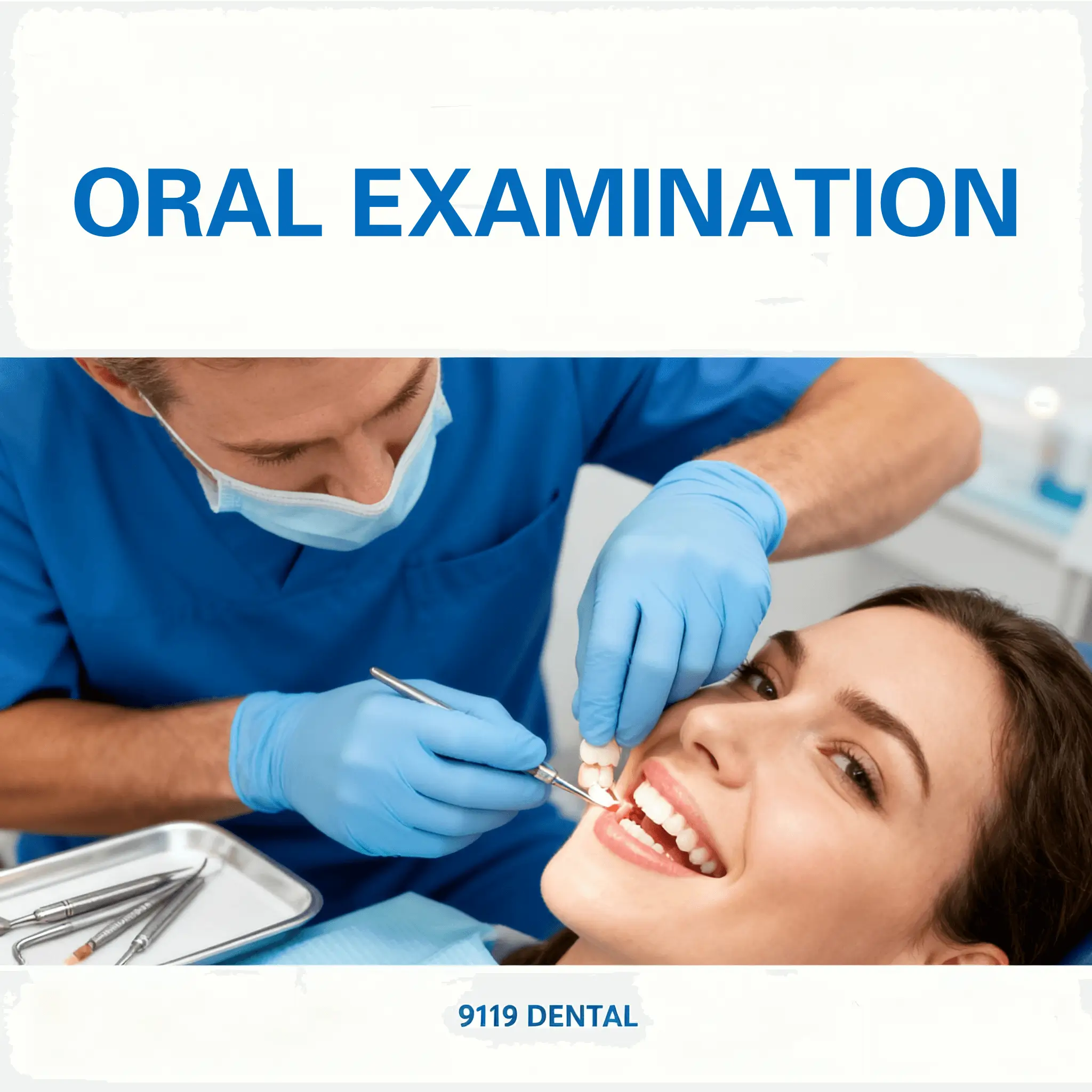
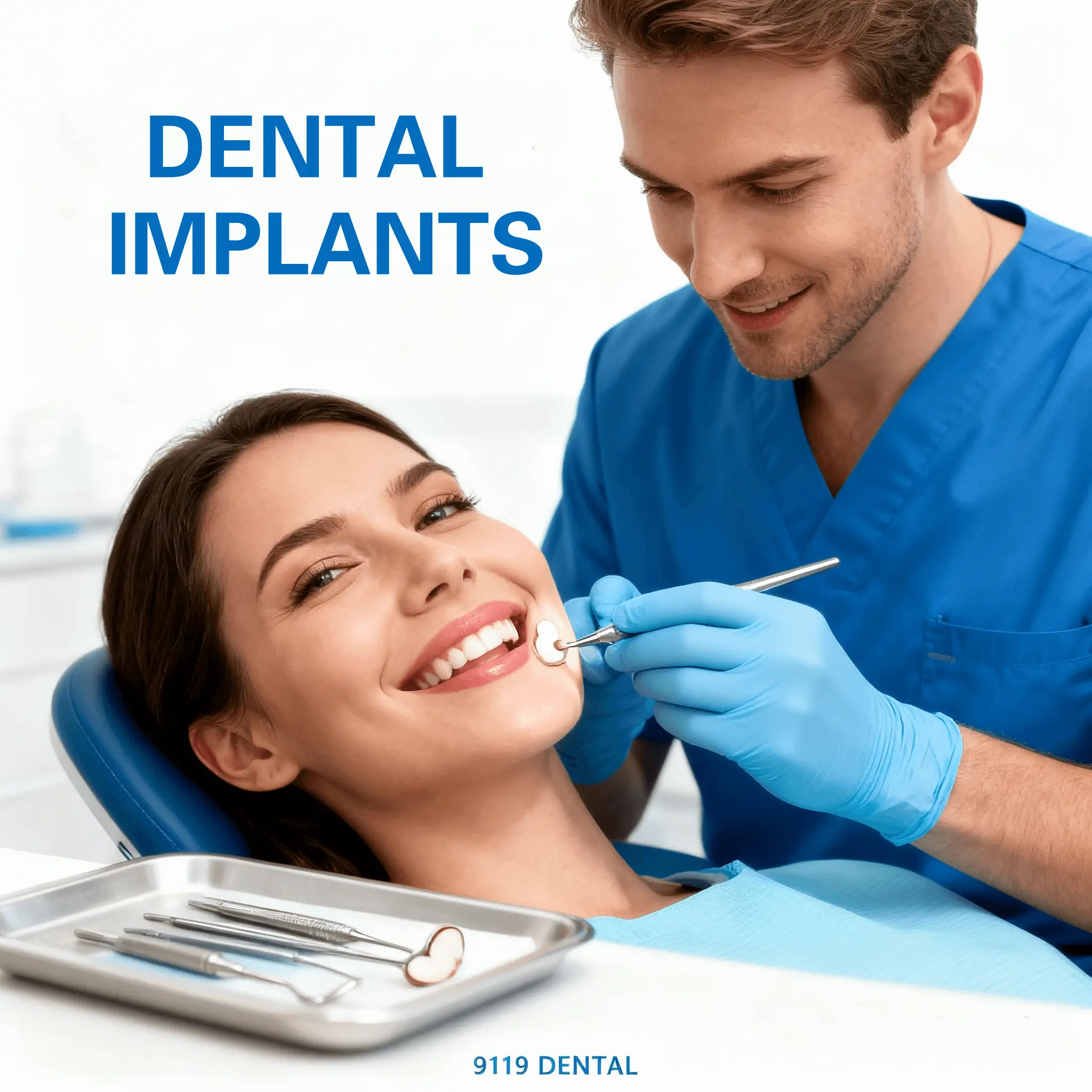
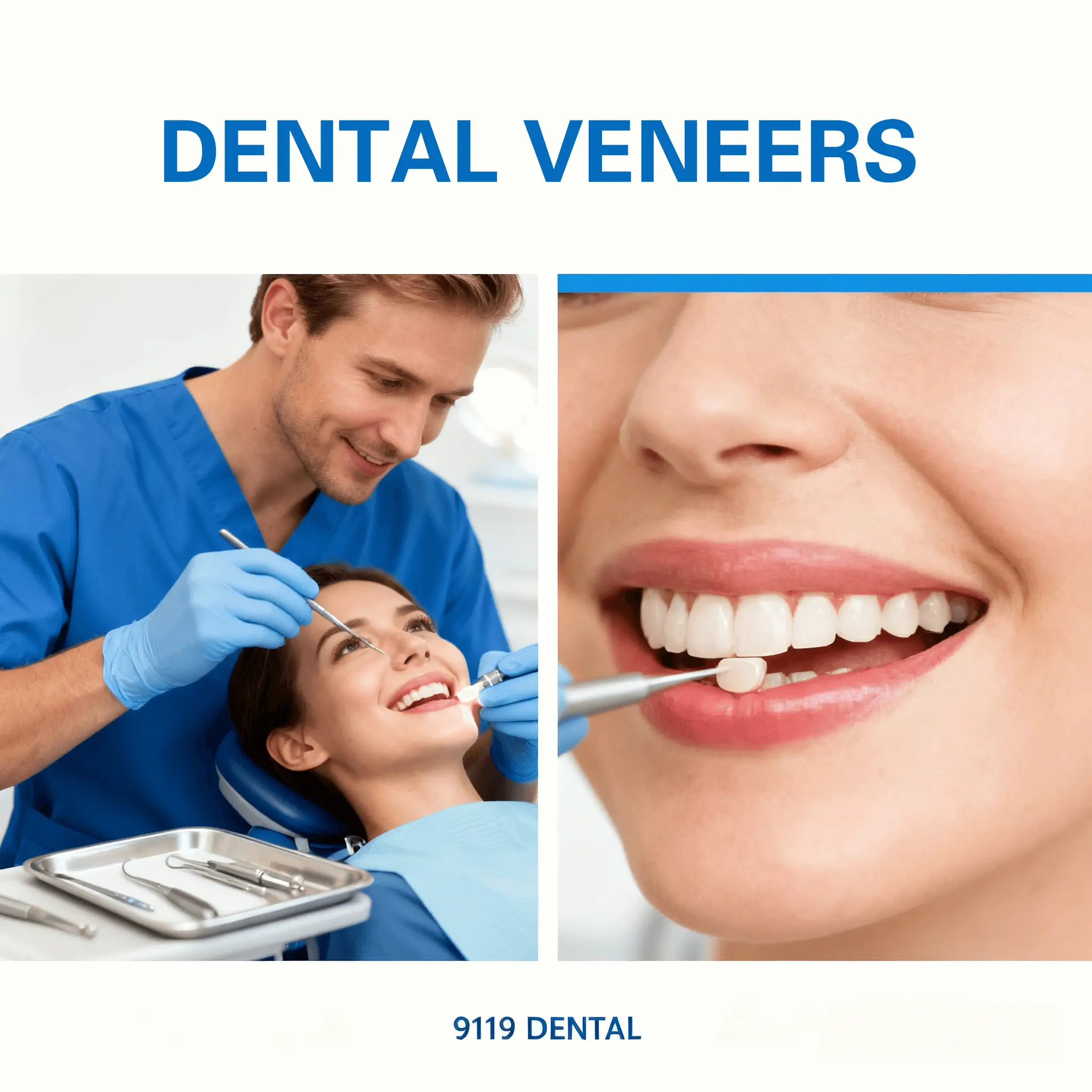
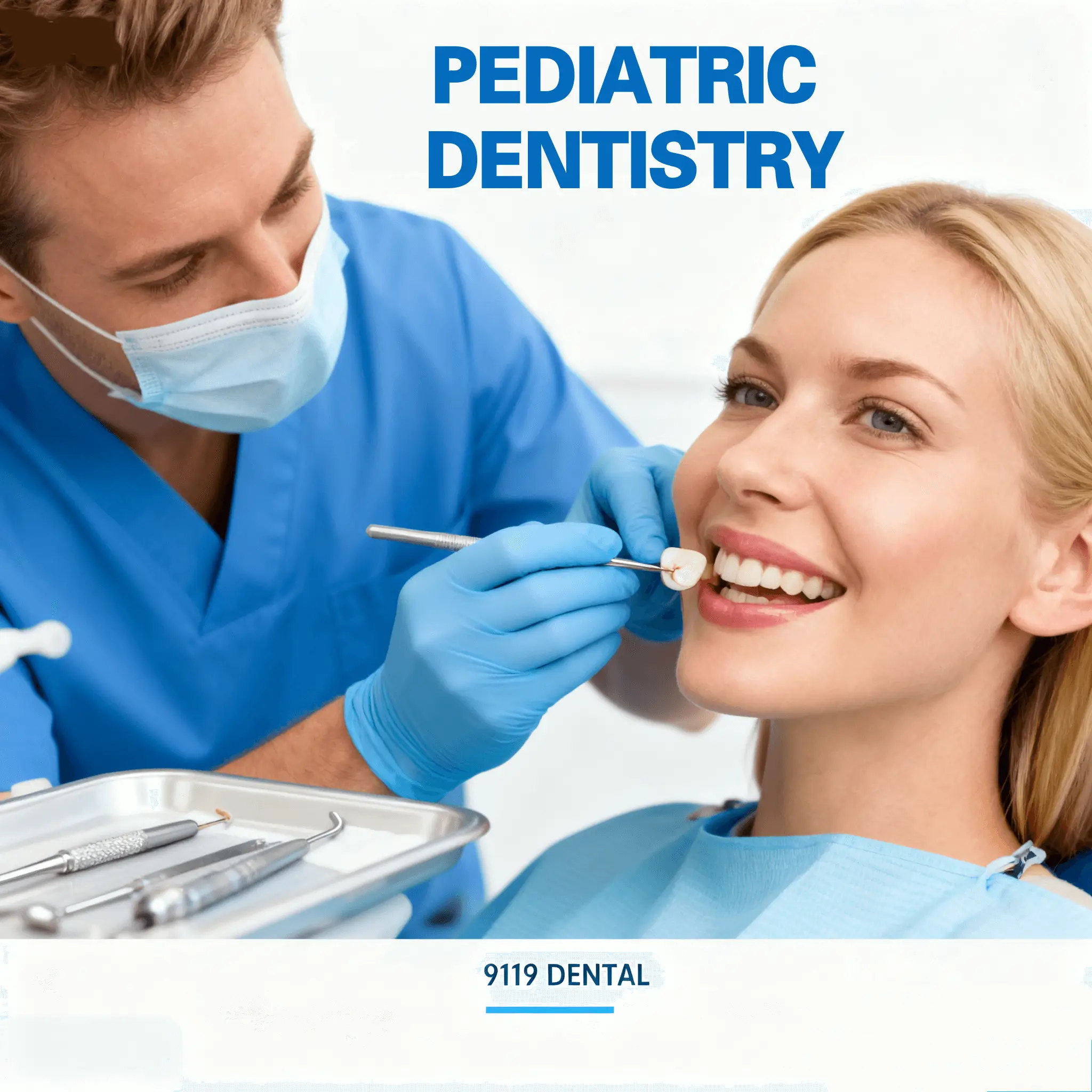
Suggested reads